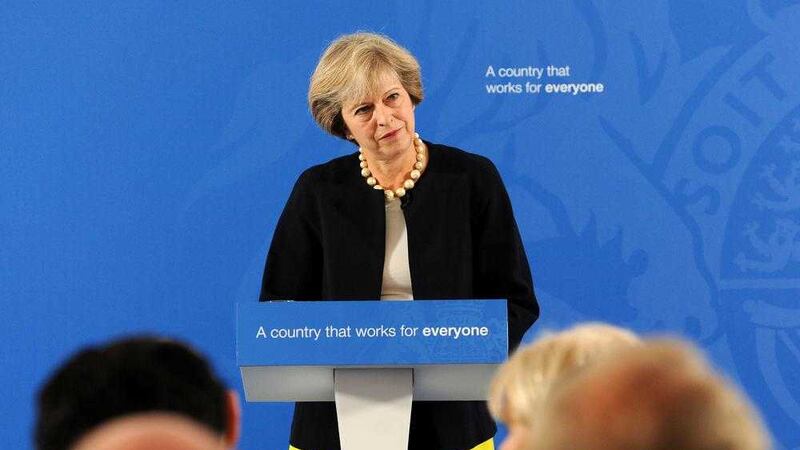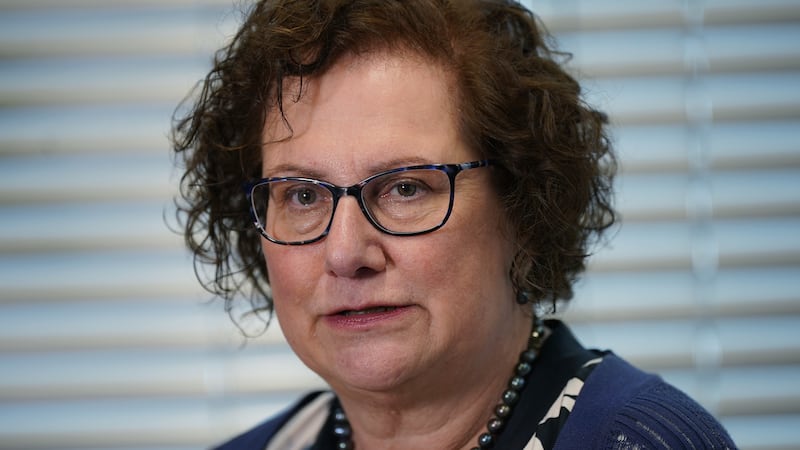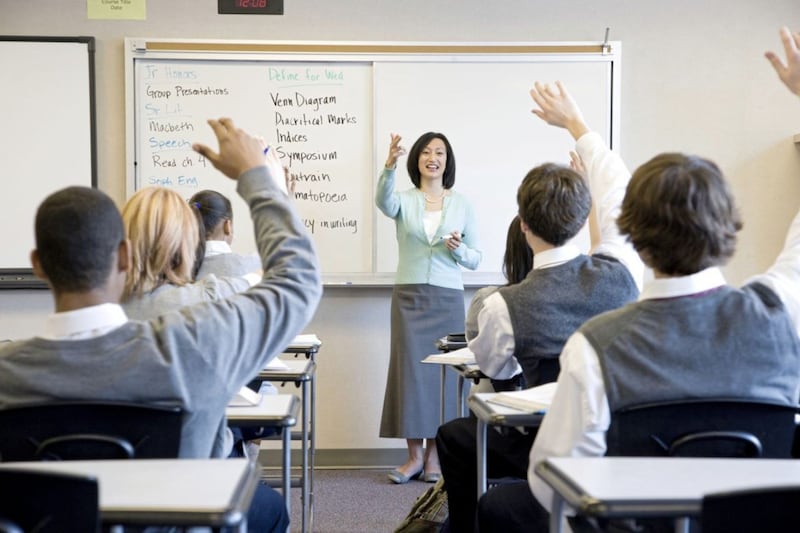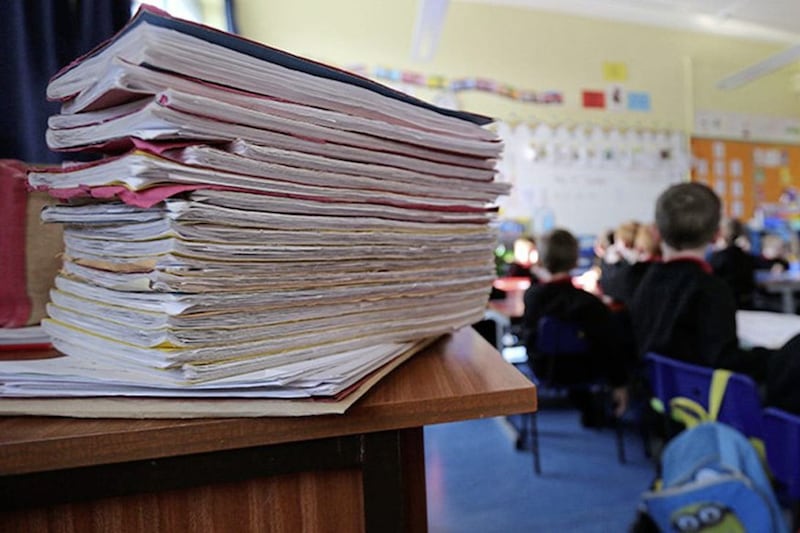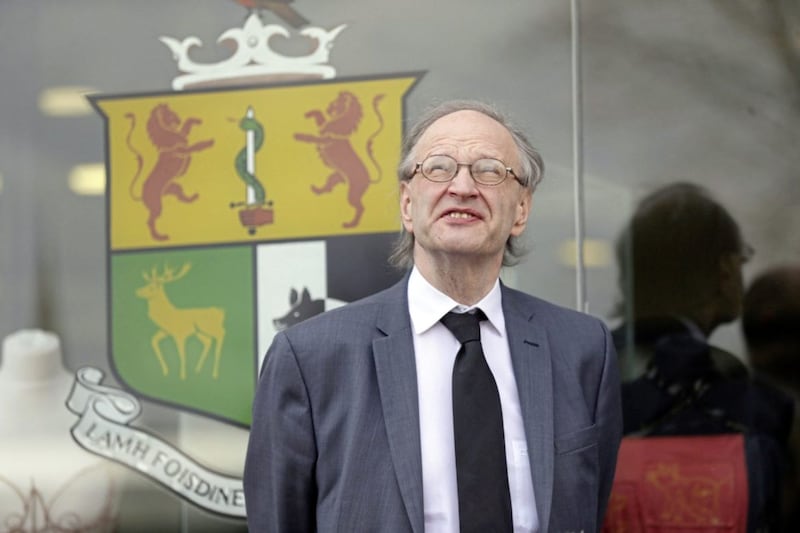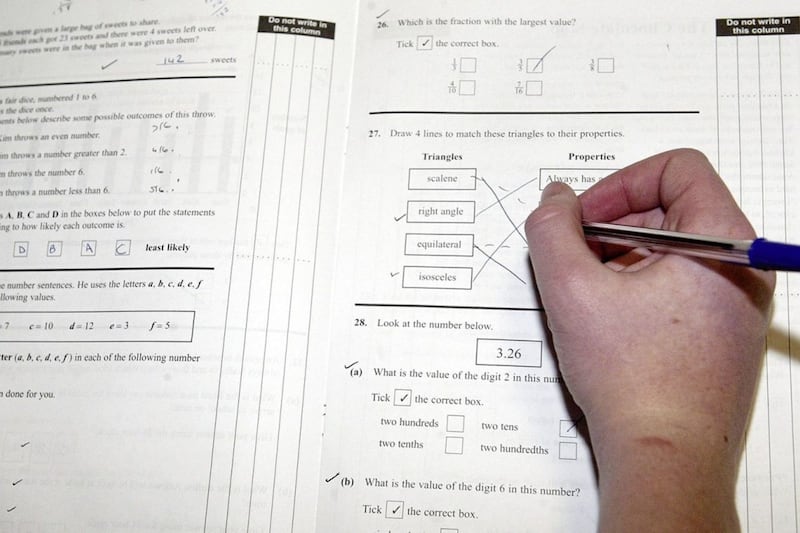AN influential grammar school body has claimed increasing academic selection is "education policy by nostalgia".
The Association of School and College Leaders (ASCL) said the move would widen the gap between rich and poor.
ASCL, which includes principals in the north's grammar system, was responding to British government plans for a new wave of grammar schools in England.
British prime minister Theresa May has set out plans for a new generation of selective schools, as part of a drive to make Britain "the great meritocracy of the world".
Mrs May insisted that there will be "no return to secondary moderns" - the so-called sink schools of the pre-comprehensive era which were blamed for consigning the majority of children to academic failure.
Instead, she said her reforms were designed to provide "a good school place for every child and one that caters for their individual needs".
And she set out a series of measures intended to ensure that new and expanded grammars make places available to children from disadvantaged backgrounds and help improve standards in non-selective schools. This could involve taking a proportion of pupils from lower-income background or opening a "feeder" primary school in disadvantaged areas.
There are 164 state-funded fully selective schools in England at present.
"This is not a proposal to go back to a binary model of grammars and secondary moderns, but to build on our increasingly diverse schools system," she said in a speech at the British Academy in London.
"It is not a proposal to go back to the 1950s, but to look to the future, and that future I believe is an exciting one.
"It is a future in which every child should have access to a good school place. And a future in which Britain's education system shifts decisively to support ordinary working class families."
Malcolm Trobe, ASCL interim general secretary, said grammar schools did a good job for the young people they educated, but increasing selection was not the right approach to improve social mobility.
His comments also followed a decision by the north's education minister Peter Weir to allow primary school teachers to coach children for unofficial grammar school entry tests.
In a new guidance document issued by Mr Weir, the Department of Education said it "believes that academic selection has the potential to enable social mobility and gives every child an opportunity of gaining access to the most appropriate school".
"The evidence suggests that increasing selection would in fact widen educational gaps, further constraining the life chances of young people from disadvantaged backgrounds. We are therefore opposed to the introduction of new selective schools," Mr Trobe said.
"The education system which existed when grammar schools were introduced is wholly different from that which exists today and introducing more selection in a modern context suggests education policy set by nostalgia rather than by evidence. More than three-quarters of state secondary schools are rated good or outstanding by Ofsted, helping all pupils to make progress, whatever their starting point. Our job now is to work together to ensure the education system supports all young people to achieve."
